Nvidia RTX 50 series is ready
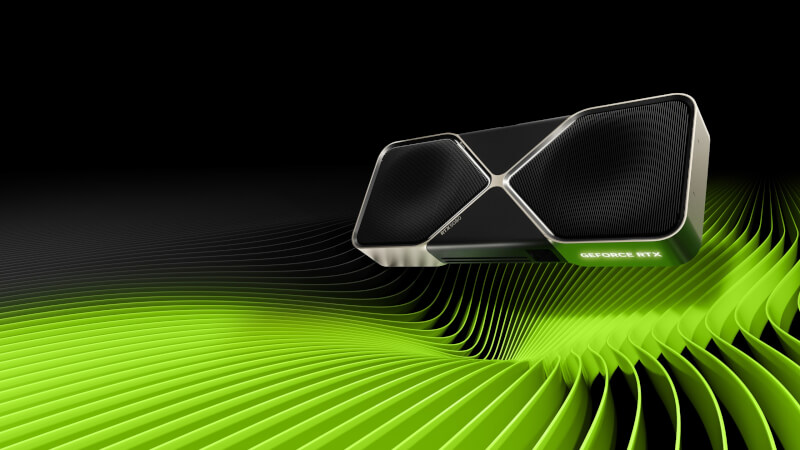
In addition to the flagship GeForce RTX 5090 and the launch of the new DLSS 4 technology, NVIDIA is introducing the rest of their GPU lineup, including the RTX 5080, RTX 5070 Ti, and RTX 5070. These GPUs set a new standard for performance and value with 2x improvement over previous generations.
NVIDIA GeForce RTX 5080 16 GB Graphics card
The NVIDIA GeForce RTX 5080 is based on the PG144/147-SKU45 PCB design and uses the GB203-400-A1 GPU core. The card uses the entire GB203 GPU die with 84 SMs and 10,752 cores, which is a 51% reduction compared to the RTX 5090. In comparison, the RTX 4090 and RTX 4080 had a 40% reduction, so performance will vary significantly.
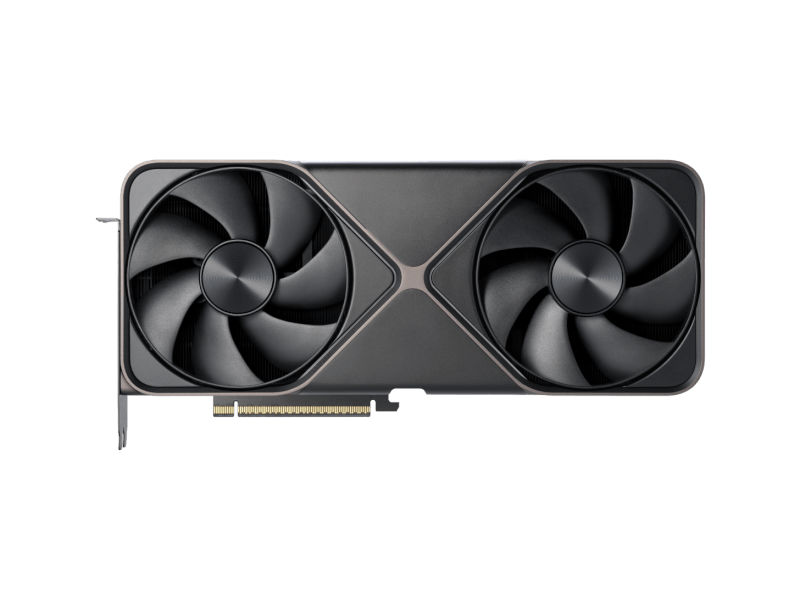
The RTX 5080 has a memory configuration of 16GB of GDDR7 VRAM on a 256-bit bus. The memory delivers 30Gbps speed, giving a bandwidth of 960GB/s. The card has a TBP of 360W, which is 12.5% higher than the RTX 4080 SUPER (320W), but the actual power consumption in practice may be lower.
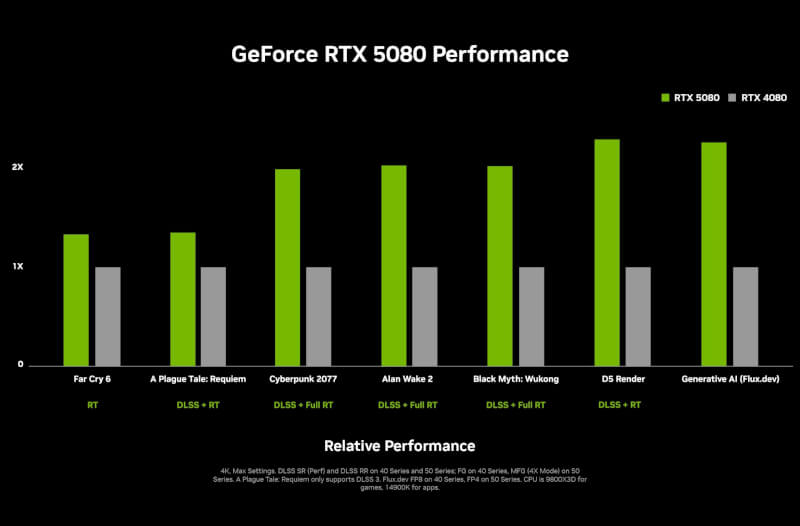
Performance-wise, the RTX 5080 is expected to be 2x faster than the RTX 4080 SUPER with advanced DLSS 4 features at a price of $999, which is lower than the original RTX 4080 ($1199).
NVIDIA GeForce RTX 5070 Ti 16 GB Graphics card
The RTX 5070 Ti uses a scaled-down GB203 GPU with 8960 CUDA cores. The memory is 16 GB GDDR7 VRAM, which offers a 78% bandwidth increase compared to the RTX 4070 Ti, up to 896 GB/s. The card operates at a boost clock of 2.45 GHz.
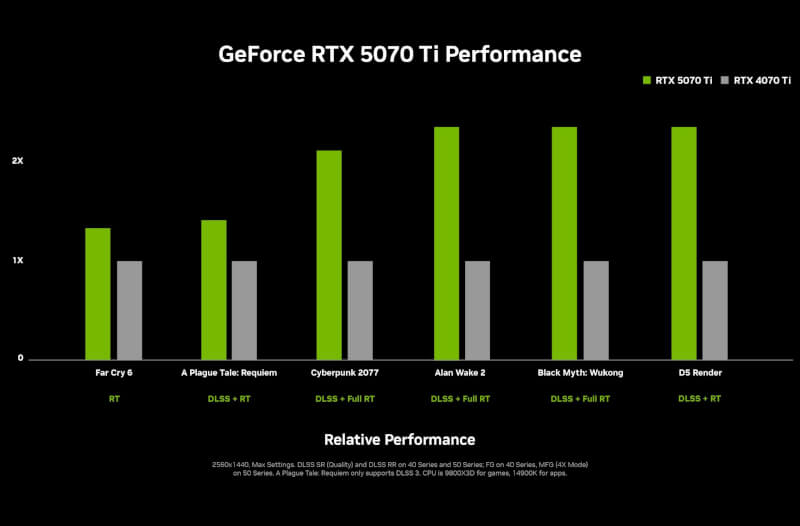
The RTX 5070 Ti delivers 2x performance improvement over the RTX 4070 Ti and is priced at $749, making it a stronger value than both the RTX 4070 Ti and RTX 4070 Ti SUPER with DLSS 4 support.
NVIDIA GeForce RTX 5070 12 GB Graphics card
The RTX 5070 uses the GB205 GPU on the PG147 PCB. The GPU has up to 6144 CUDA cores, and the memory uses a 192-bit bus with 12GB of VRAM. This is similar to the existing RTX 4070, but with a memory speed of 28Gbps, giving a total bandwidth of 672GB/s - a 33% improvement.
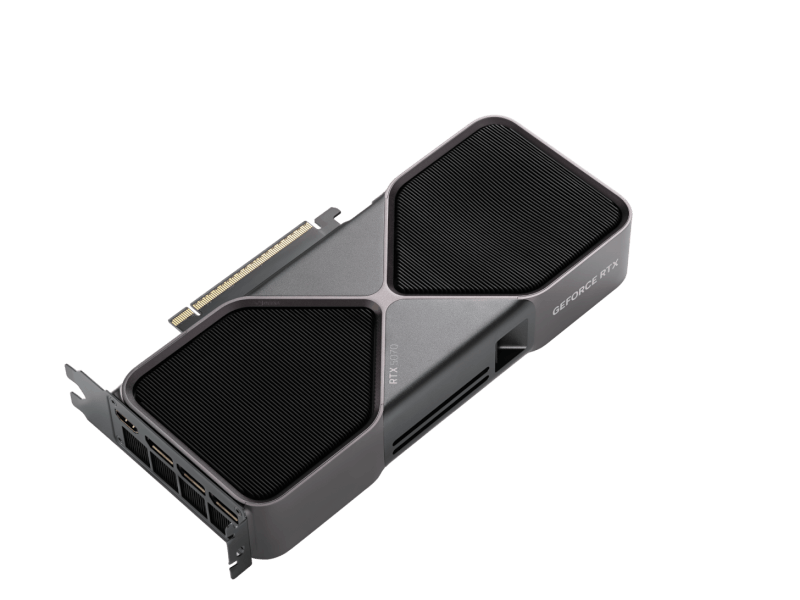
The card has a TBP of 250W (+14% over the RTX 4070 SUPER). The RTX 5070 is said to be faster than the RTX 4090 at a price of just $549, making it an attractive choice in the high-end segment and a major challenger to AMD's new RX 9070 series.
Additional Specifications and Availability
The RTX 50 series introduces an updated PCB process for better signal integrity between the GPU and GDDR7 VRAM. The series features a 14-layer PCB design and utilizes a single 12V-2x6 power connector, except for some top-end models that use a dual 16-pin connector.
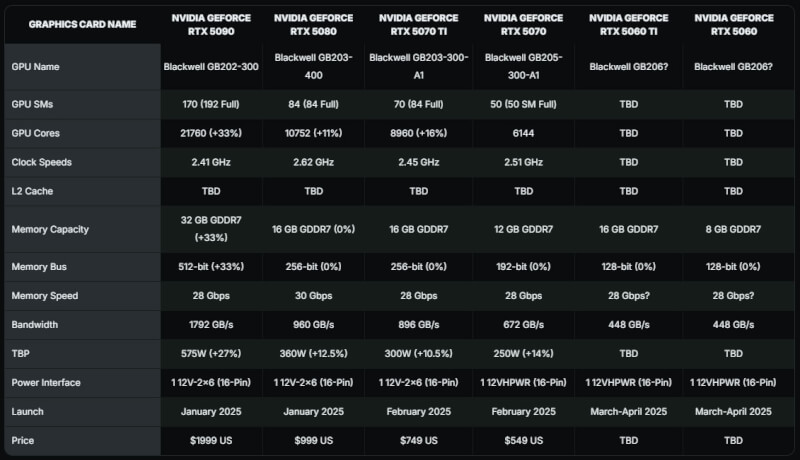
All cards are fully PCIe 5.0 compliant and support DisplayPort 2.1a with 80 Gbps bandwidth.
The RTX 5080 launches on January 30th, while the RTX 5070 Ti and RTX 5070 arrive in February. All models will be available in both Founders Edition and partner variants.
Latest graphics card
-
20 Margraphics card
-
13 Jangraphics card
ASRock B580 Steel Legend
-
07 Jangraphics card
ASUS showcases new AMD RX 9700 graphics cards
-
07 Jangraphics card
ASUS ready with large selection of RTX 50 graphics
-
07 Jangraphics card
Nvidia Reflex 2 reduces gaming latency
-
07 Jangraphics card
Nvidia launches DLSS 4 with the new RTX 50 series
-
07 Jangraphics card
Nvidia RTX 50 series is ready
-
07 Jangraphics card
Nvidia launches RTX 5090 at CES
Most read graphics card
Latest graphics card
-
20 Margraphics card
ASRock RX 9070 Steel Legend
-
13 Jangraphics card
ASRock B580 Steel Legend
-
07 Jangraphics card
ASUS showcases new AMD RX 9700 graphics cards
-
07 Jangraphics card
ASUS ready with large selection of RTX 50 graphics
-
07 Jangraphics card
Nvidia Reflex 2 reduces gaming latency
-
07 Jangraphics card
Nvidia launches DLSS 4 with the new RTX 50 series
-
07 Jangraphics card
Nvidia RTX 50 series is ready
-
07 Jangraphics card
Nvidia launches RTX 5090 at CES






